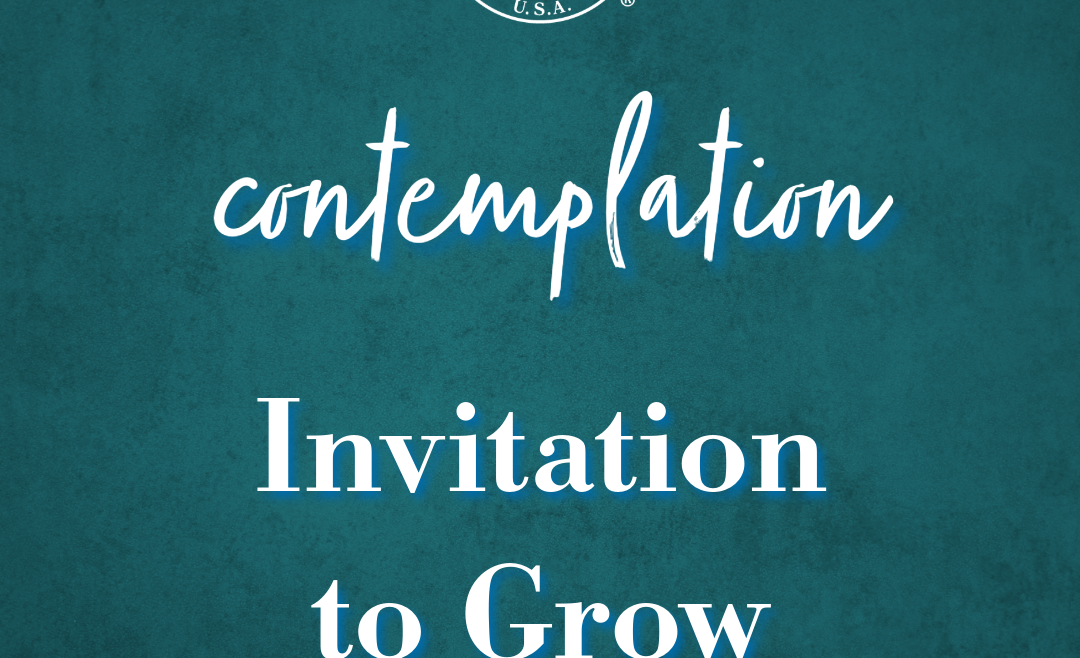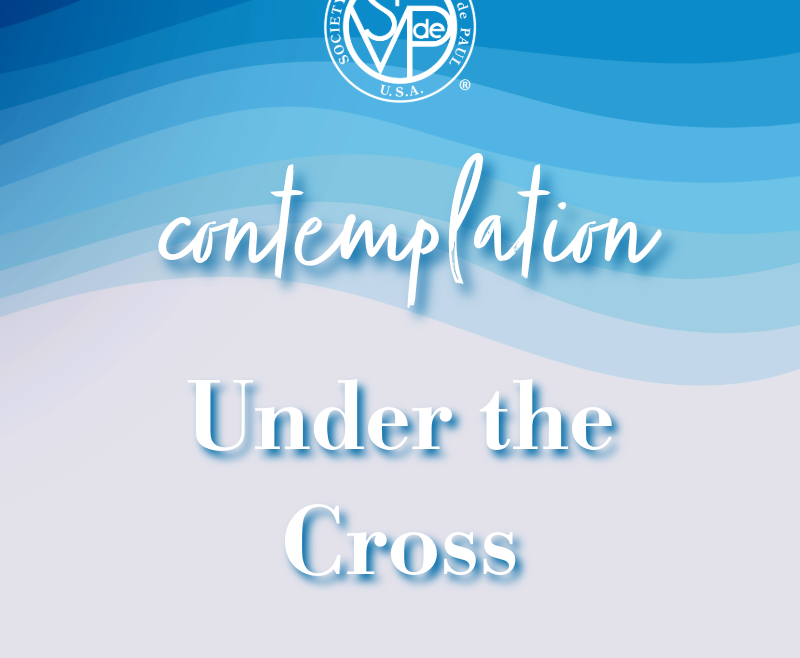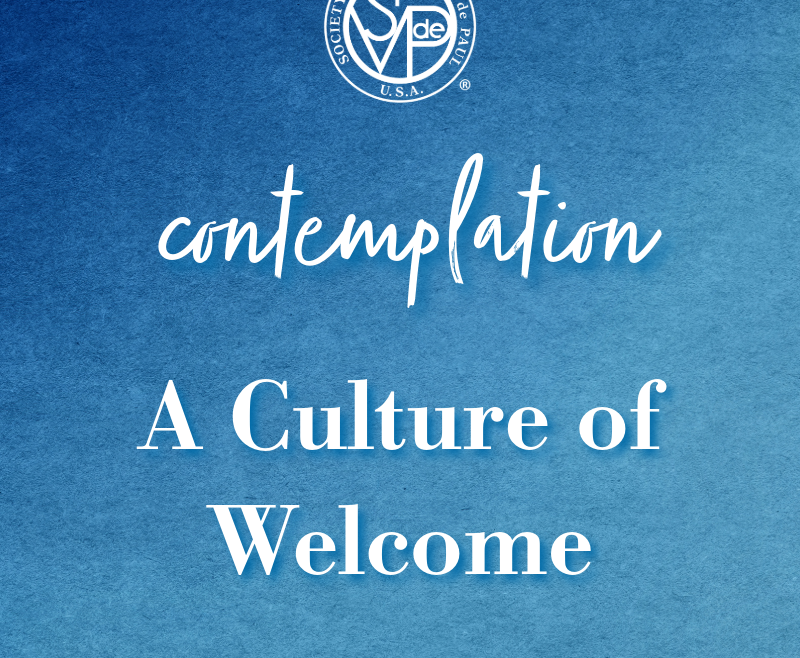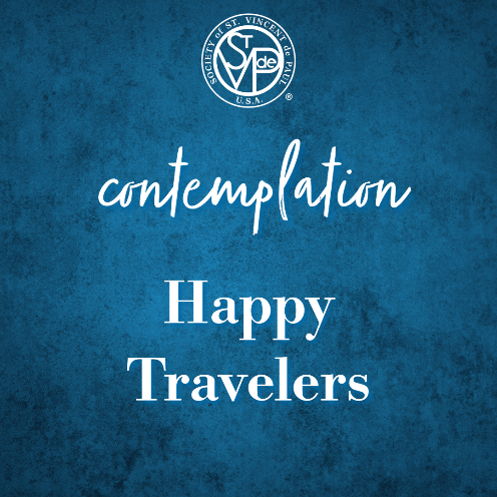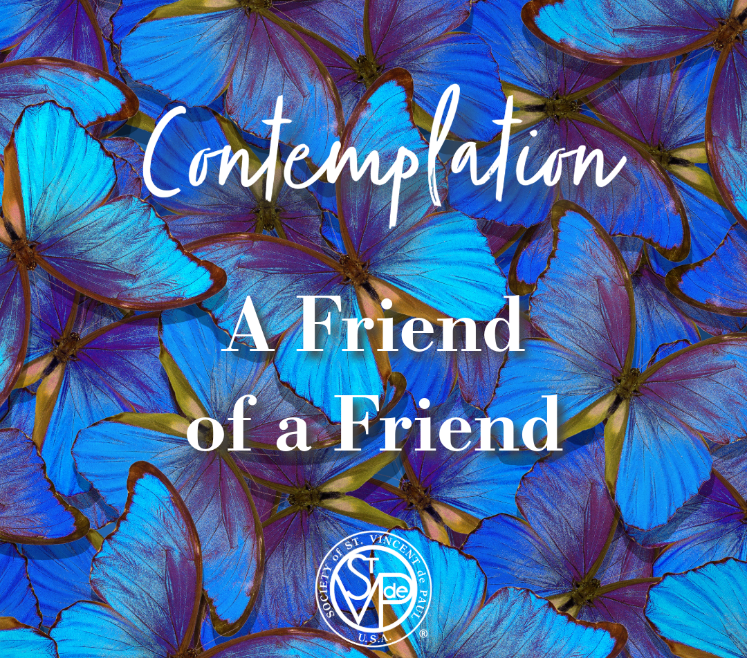By Timothy Williams, Senior Director of Formation & Leadership Development
Why did you join the Society of St. Vincent de Paul? And why do you stay? These are two very important questions for every Vincentian to meditate upon from time to time. Membership is a vocation, a calling. Each of us heard a call, but it spoke to each of us differently, based on our own backgrounds, our own motives, our own unique and unrepeatable persons.
Were you drawn by the invitation of a friend, motivated, as we often are, to love what our friends love? We sit through concerts or ball games only because our friend is a fan, and sometimes we also become fans over time. St. Vincent once pointed out an even deeper friendship flows from this tendency, asking, “Can we have a better friend than God? Must we not love all that He loves and, for love of Him, consider our neighbor as our friend!” [CCD XI:39] If you joined because of friendship, is that still the reason that you stay? If you were drawn by something else, have you grown in friendship that keeps you in the Society?
Others, of course, perhaps most of us, heard a call to live our faith in acts of service; we weren’t drawn as strongly to prayer groups or “conference table ministries”. Instead, we wanted, as St. Vincent so famously put it, to “love God…with the strength of our arms and the sweat of our brows” [CCD XI:32], serving Jesus exactly as he asked us to! After all, aren’t works of charity what the Society is best known for? Yet over time, the work can sometimes be wearying, the calls can be interruptions, the stress we share with our neighbors in need can begin to wear on us. The service may be the reason you joined, but is it the reason you stay? Is it the work itself, or is it something deeper that flows from the work?
Some of us were called by the inspirational example of our patron Saint’s holiness, and truly sought first to deepen our own faith and spirituality by following his example, even as he imitated the example of Christ. If we sought prayer and meditation, we certainly have found it in our Conferences. We are people of prayer. But as you’ve prayed and reflected with fellow Vincentians, have you discovered new levels of friendship? Has your prayer led you to action? Why do you stay?
It is difficult to separate these motives, because they all work so closely together. Our friendship informs our service and becomes part of what we offer to the neighbor. Our encounters with the neighbor, in whom we see Christ, strengthen our faith and spirituality. Our faith grows stronger as it is shared with each other in prayer, reflection, friendship, and service. One of the best ways to continue in this growth is to take the time to reflect on it, and to share our own growth with our fellow Vincentians.
You might say this is essential.
Contemplate
Take some quiet time this week and ponder these questions: why did I join, and why do I stay?
Recommended Writing
Write down your thoughts on these questions, then share them with your fellow Vincentians. Journey together.

